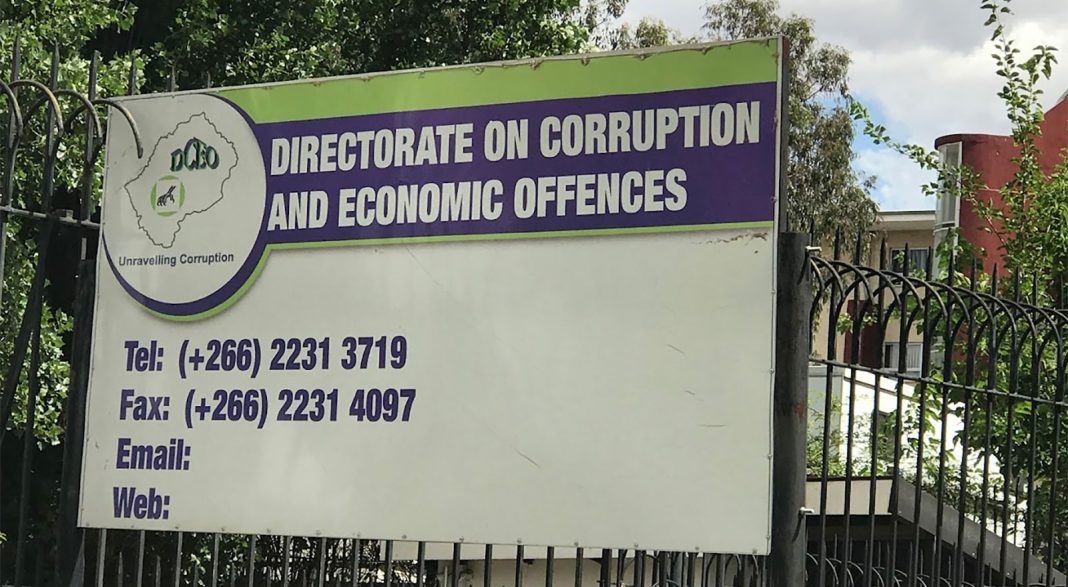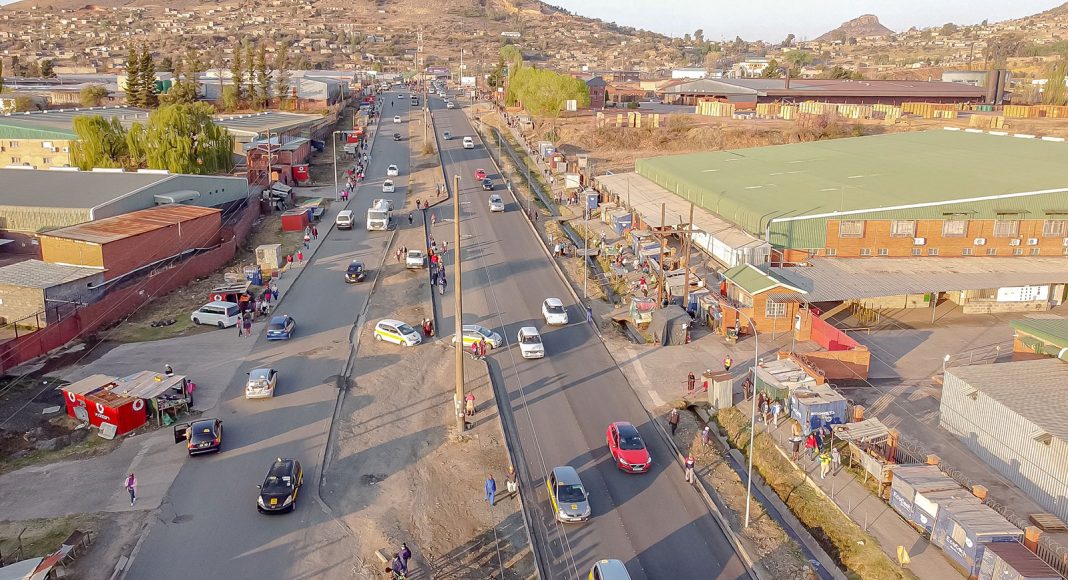What started as a routine vetting exercise by the Directorate on Corruption and Economic Offences (DCEO) has turned into a full-blown investigation that led to the arrest of Thaba Tseka businessman, Moeketsi Ntaote.
Ntaote is expected to appear in court today to face charges of fraud and corruption.
This comes the DCEO uncovered a catalogue of longstanding malpractices that involve money laundering and defrauding the government, after Ntaote was recently awarded a whopping M100 million tender for the supply and delivery of agricultural inputs.
After the ministry awarded a number of tenders to several companies earlier this month, the anti-graft body kick-started the vetting process which revealed that Ntaote was actually a person of interest.
He had been under investigation since 2022 when he allegedly supplied the ministry of agriculture and food security with counterfeit pesticides.
According to Ntaote, the 2022 revelation marked the start of a tumultuous period for him, which included a blacklisting that saw a failed bank loan application over the incident.
Prior to his detention on Wednesday this week, he had told theReporter that he only discovered this week that he was the subject of an ongoing investigation by the DCEO, which ultimately led to the rejection of his loan application for about two years since the allegations surfaced.
Fast forward to 2024, Ntaote emerged as the winner of a major tender for the supply and delivery of agricultural inputs, including seeds and pesticides. However, his victory was short-lived.
Upon being awarded the contract, he was informed that he would not be handed the tender immediately due to a vetting process that all bidders were undergoing. This vetting process, according to officials, is a standard procedure designed to ensure the integrity of the procurement system and prevent fraud.
On Wednesday, Ntaote was summoned to the DCEO office, where he was arrested.
DCEO public relations officer, Matlhokomelo Senoko, confirmed Ntaote’s arrest but declined to disclose the nature of the charges against him, stating that the investigation is still ongoing.
Ntaote’s lawyer, Advocate Ntsane Lesenyeho could not provide further details either, as he said he was not yet in possession of the case docket from the DCEO.
Commenting on the matter, the principal secretary of the ministry of agriculture and food security, Thabo Moleko, explained the rationale behind the rigorous vetting process that all bidders undergo.
“The collaborative partnership between the ministry and the DCEO is aimed at ensuring that only credible bidders are awarded contracts, thereby safeguarding public resources.
“The vetting process is crucial in maintaining the integrity of our procurement system. We must ensure that we are not inadvertently rewarding individuals or companies involved in fraudulent activities,” Moleko stated.
He added: “This partnership with the DCEO is vital in our efforts to uphold transparency and accountability in government dealings.”
On his part, local business consultant and chief executive officer of the Private Sector Foundation of Lesotho, Thabo Qhesi, explained that the DCEO normally conducts vetting when a complaint is submitted by fellow bidders.
“According to the Public Procurement Regulations of 2007, there needs to be an observer from the private sector during the tendering process.
“When a preferred bidder has been decided upon, a debriefing session needs to be done, where their competitors are told why their bids have not been successful,” Qhesi said.









